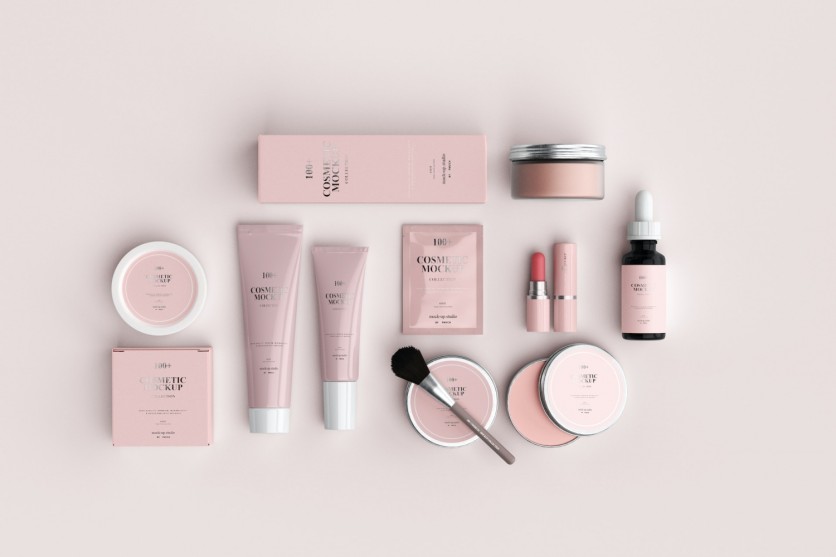
Medical aesthetics, as well as Cosmetics and beauty treatments may continue to thrive during economic recessions for several reasons, even though this may seem counterintuitive.
Recently we spoke to Braeden Lichti from BWL Investments, whose company is betting that the medical aesthetics sector will continue to rapidly grow during an possible economic downturn and is continuing to invest in such companies Lichti stated: "Amidst an ever-evolving landscape of technological advancements and increasing consumer demand, the medical aesthetics sector presents a compelling opportunity for investors seeking to capitalize on the confluence of innovation, self-improvement, and wellness. As this dynamic industry continues to flourish, proactive investors can unlock significant value by identifying and supporting companies that pioneer transformative solutions for both age-old and emerging aesthetic concerns."
Medical aesthetics treatments
Some factors that contribute to the increasing popularity of medical aesthetics treatments during economic downturns include:
The lipstick effect:
The lipstick effect suggests that consumers tend to continue purchasing small, affordable luxury items during economic recessions to boost their mood and maintain a sense of normalcy. Similarly, some individuals might prioritize non-surgical medical aesthetic treatments, viewing them as affordable indulgences that can provide a sense of self-care and well-being during difficult times.
Focus on self-improvement:
During economic downturns and times of uncertainty, some people may focus on self-improvement, as they have more time and resources due to job loss or reduced working hours. This can include investing in their appearance to boost self-confidence or enhance their chances of finding employment in a competitive job market.
Non-surgical alternatives:
Non-surgical medical aesthetic treatments have become more popular in recent years due to their lower cost and reduced risk compared to surgical procedures. These treatments may be more appealing during economic recessions, as they are generally more affordable and have shorter recovery times, allowing individuals to access aesthetic improvements without significant financial or time commitments.
Aging population:
Regardless of the economic climate, the aging population continues to grow, and people still seek ways to maintain a youthful appearance and address age-related concerns. Medical aesthetic treatments can help meet this demand, and some individuals may prioritize these treatments even during economic recessions.
Marketing and social media:
The growth of social media and influencer culture has contributed to increased awareness and acceptance of medical aesthetic treatments. During economic recessions, people may still be influenced by marketing and social media, leading to continued demand for these treatments.
It's important to note that not all medical aesthetic practices and treatments will experience the same level of growth during economic recessions. Factors such as the specific treatment types offered, geographic location, and target market can impact how a particular practice fares during an economic downturn.
Cosmetics and beauty treatments
Cosmetics and beauty treatments can have positive effects on mental health for several reasons, though it is important to note that individual experiences may vary. Here are some ways that cosmetics and beauty treatments can be considered good for mental health:
Confidence and self-esteem:
Using cosmetics and engaging in beauty treatments can help people feel more confident and improve their self-esteem. When individuals feel good about their appearance, it can contribute to a positive self-image and emotional well-being.
Self-expression:
Cosmetics and beauty treatments allow individuals to express themselves creatively and showcase their unique personality. This sense of self-expression can foster a sense of personal identity and provide a way to connect with others who share similar interests.
Self-care and relaxation: Engaging in beauty treatments can serve as a form of self-care, providing an opportunity to relax, rejuvenate, and take time for oneself. This can be particularly important in managing stress and promoting mental health.
Social interaction:
Many beauty treatments are performed in social settings, such as salons and spas, where individuals can interact with professionals and other clients. These social interactions can help reduce feelings of isolation and promote mental well-being.
Ritual and routine: For some individuals, using cosmetics and engaging in beauty treatments can become a ritual or routine, providing a sense of order and stability in their lives. This can be particularly beneficial for those dealing with anxiety or other mental health challenges.
It is essential to maintain a healthy balance and recognize that external appearance is just one aspect of overall well-being. Focusing on inner beauty and personal growth, alongside physical appearance, is vital for a holistic approach to mental health.
ⓒ 2026 TECHTIMES.com All rights reserved. Do not reproduce without permission.




